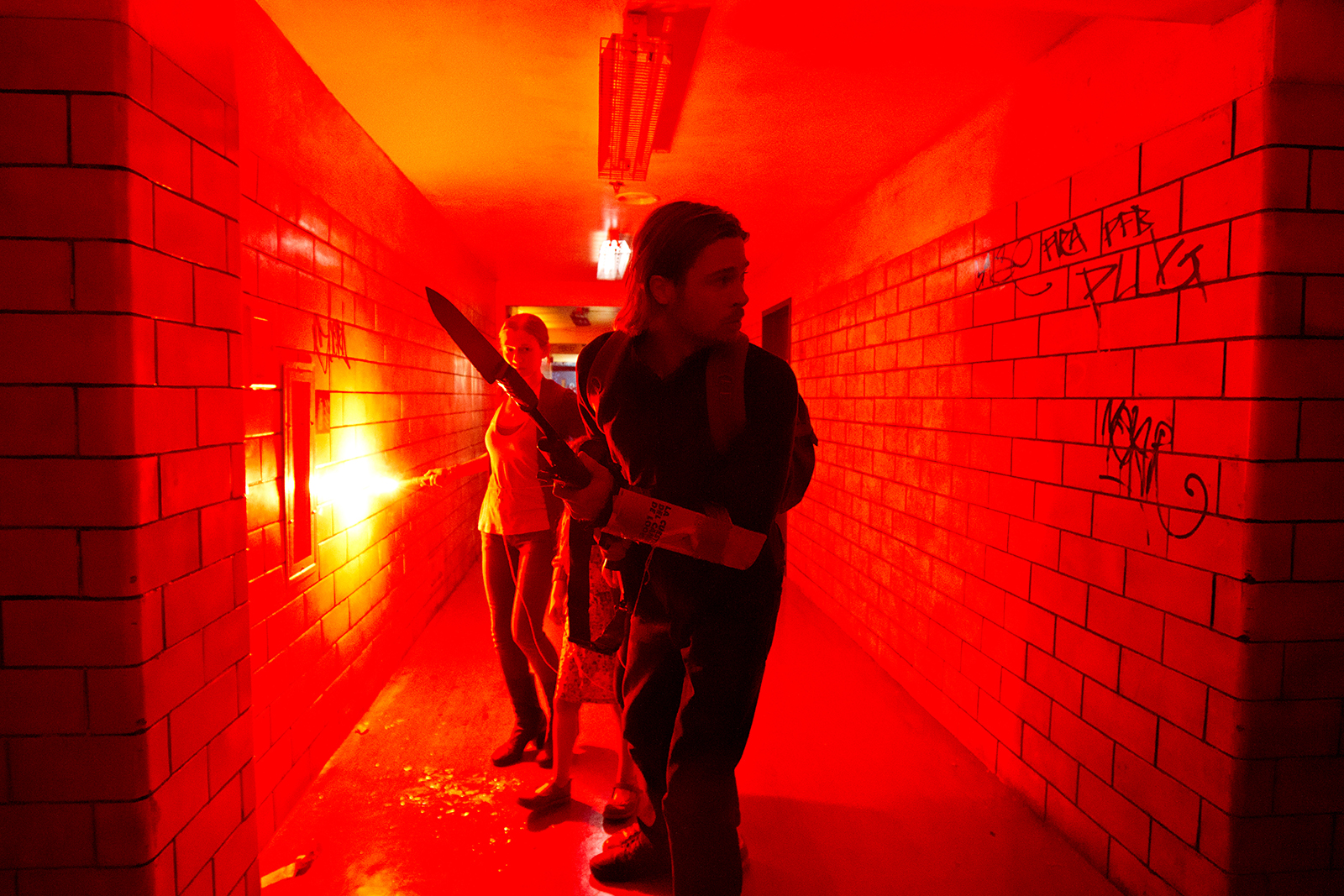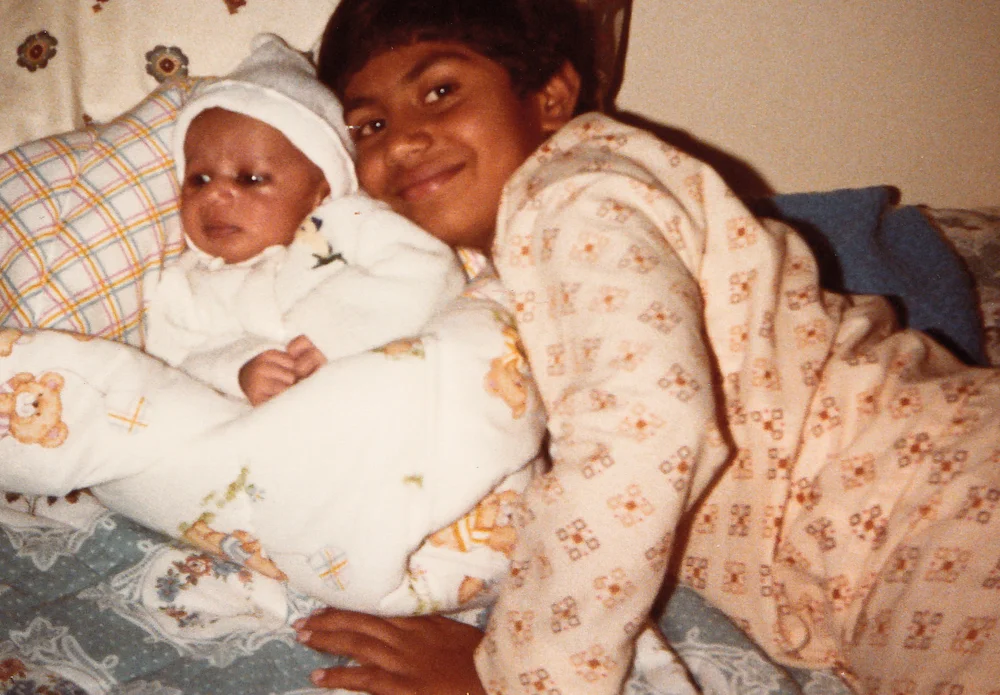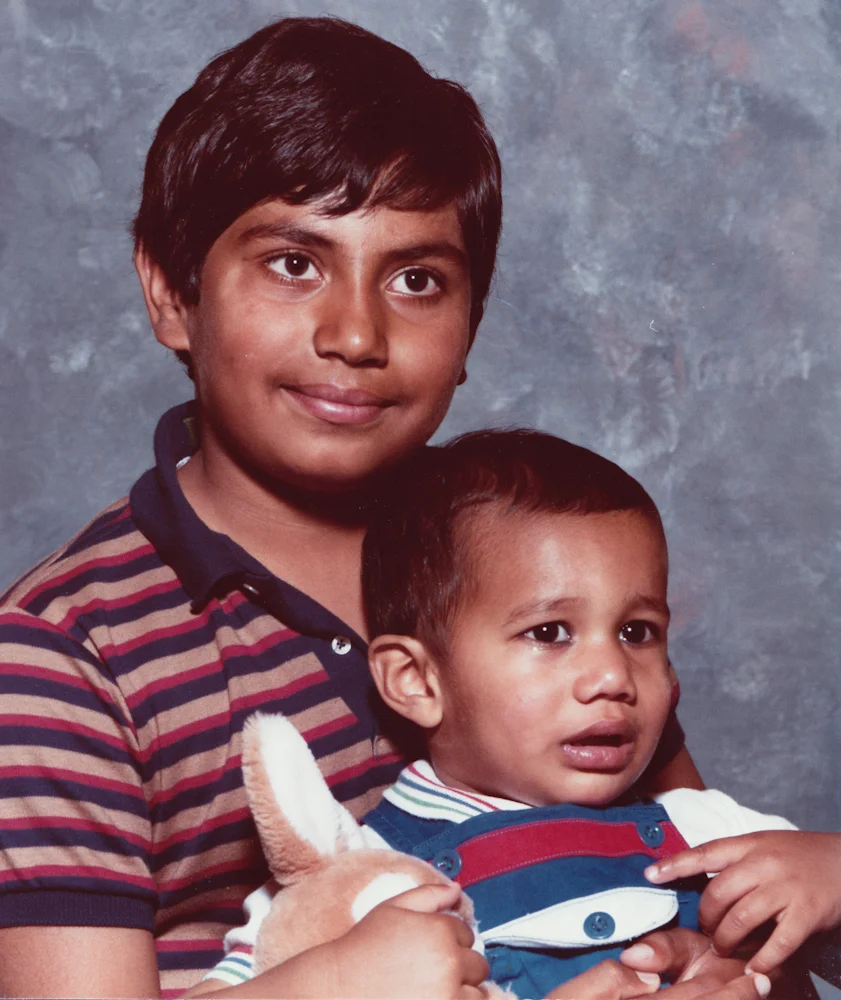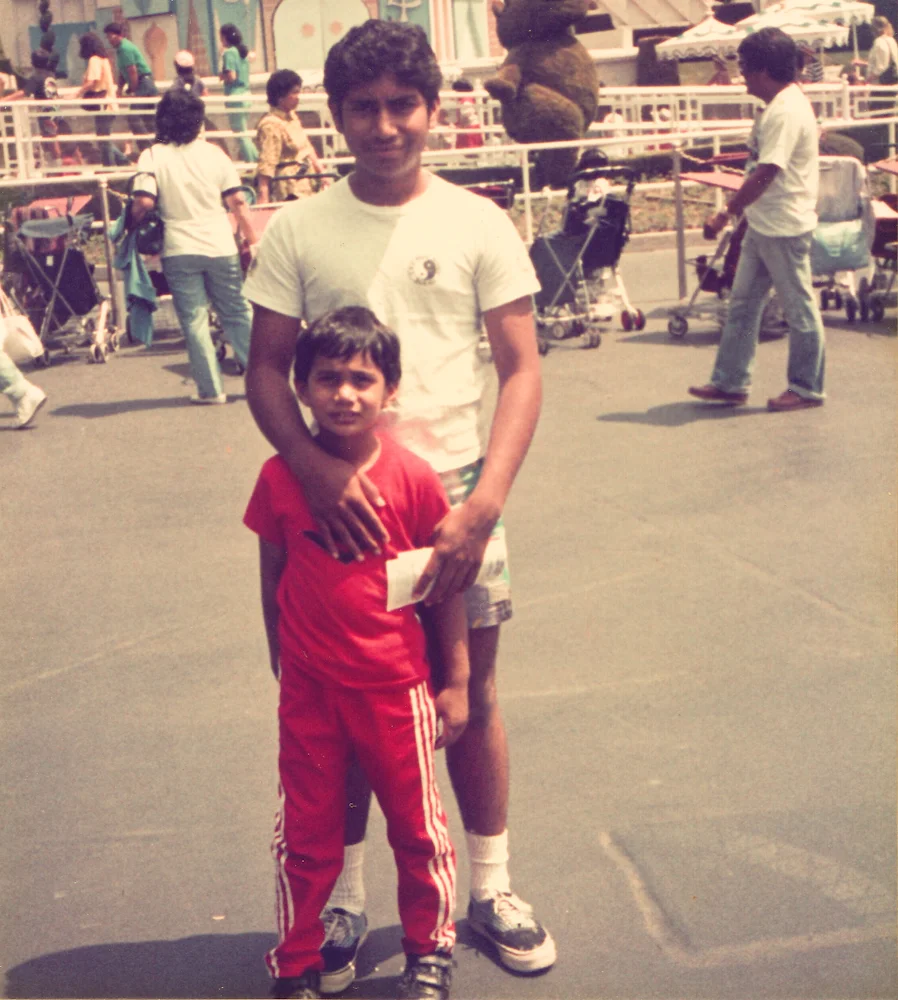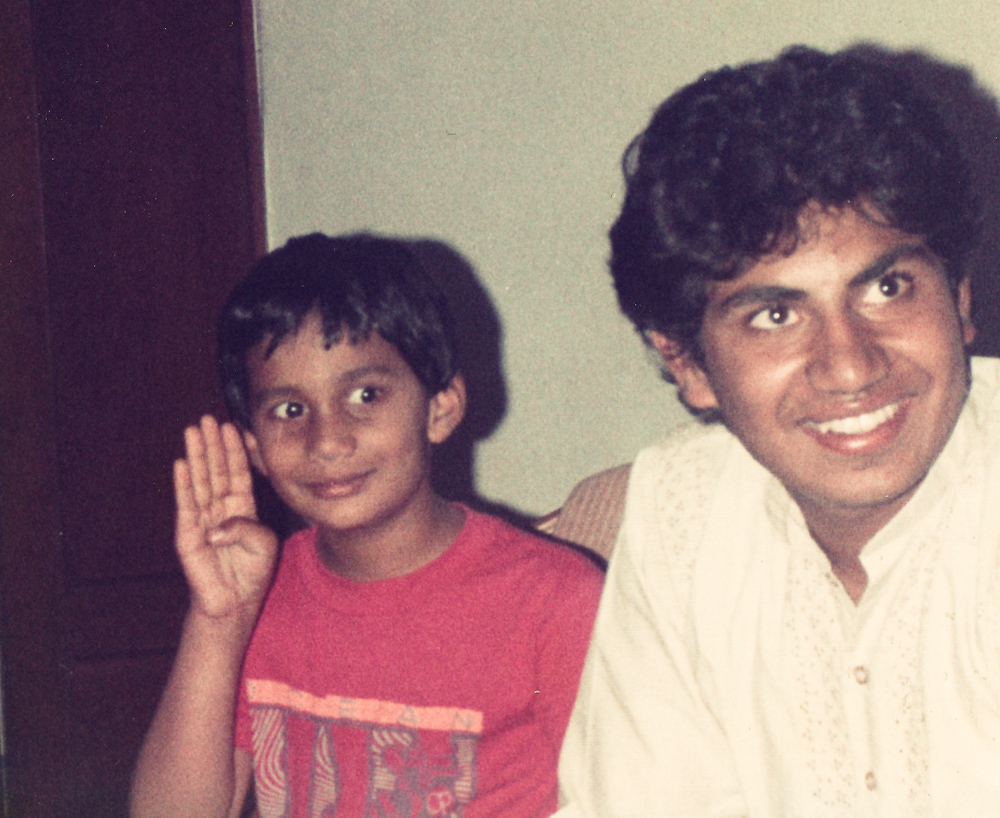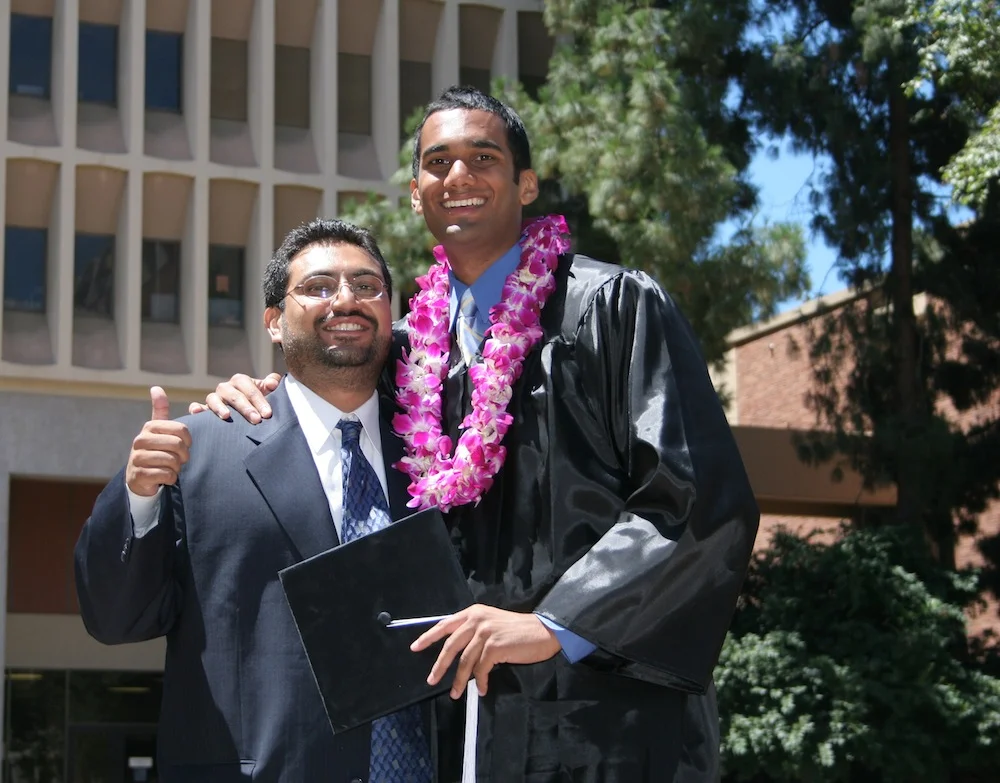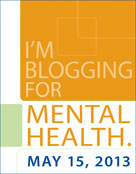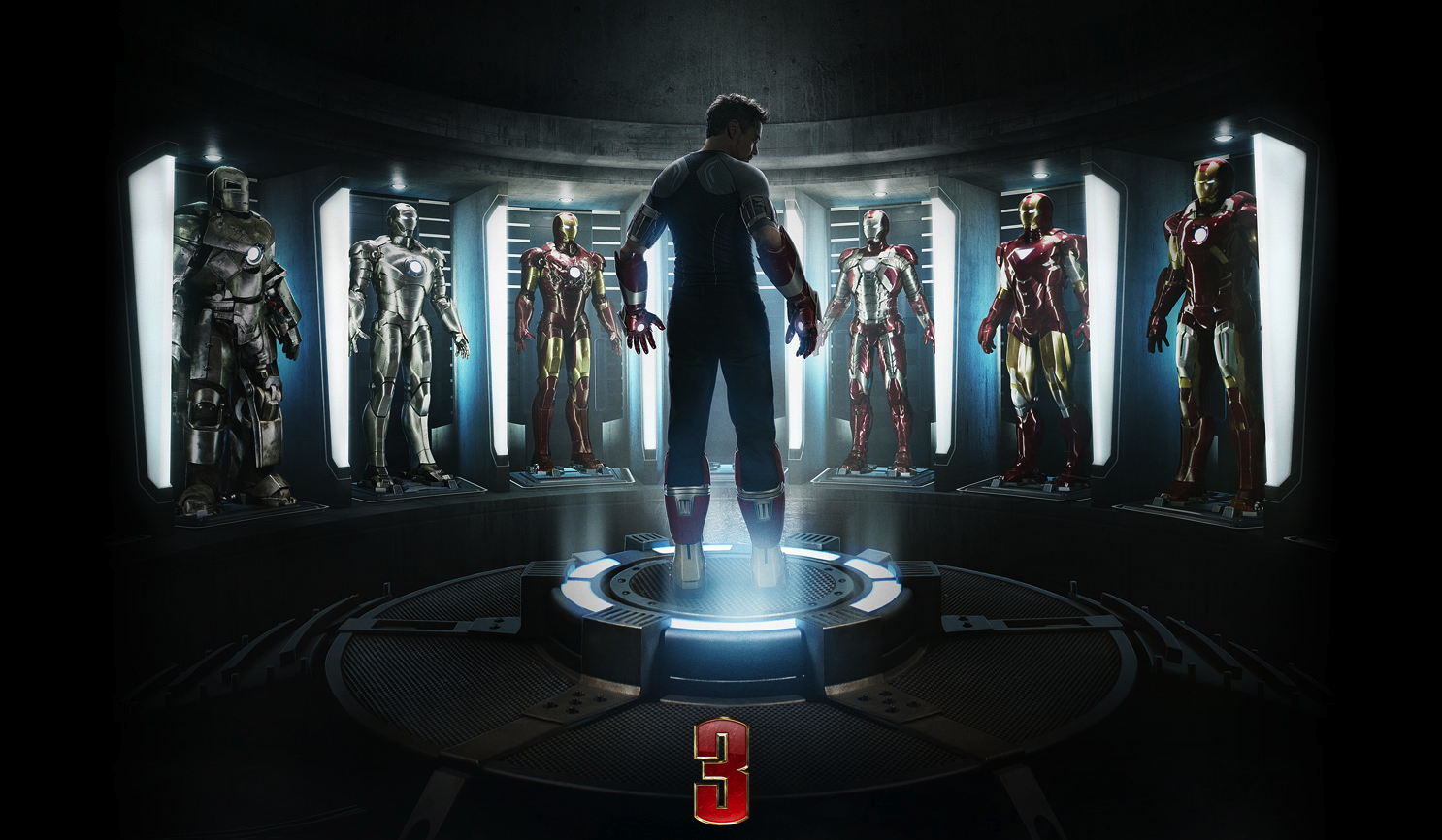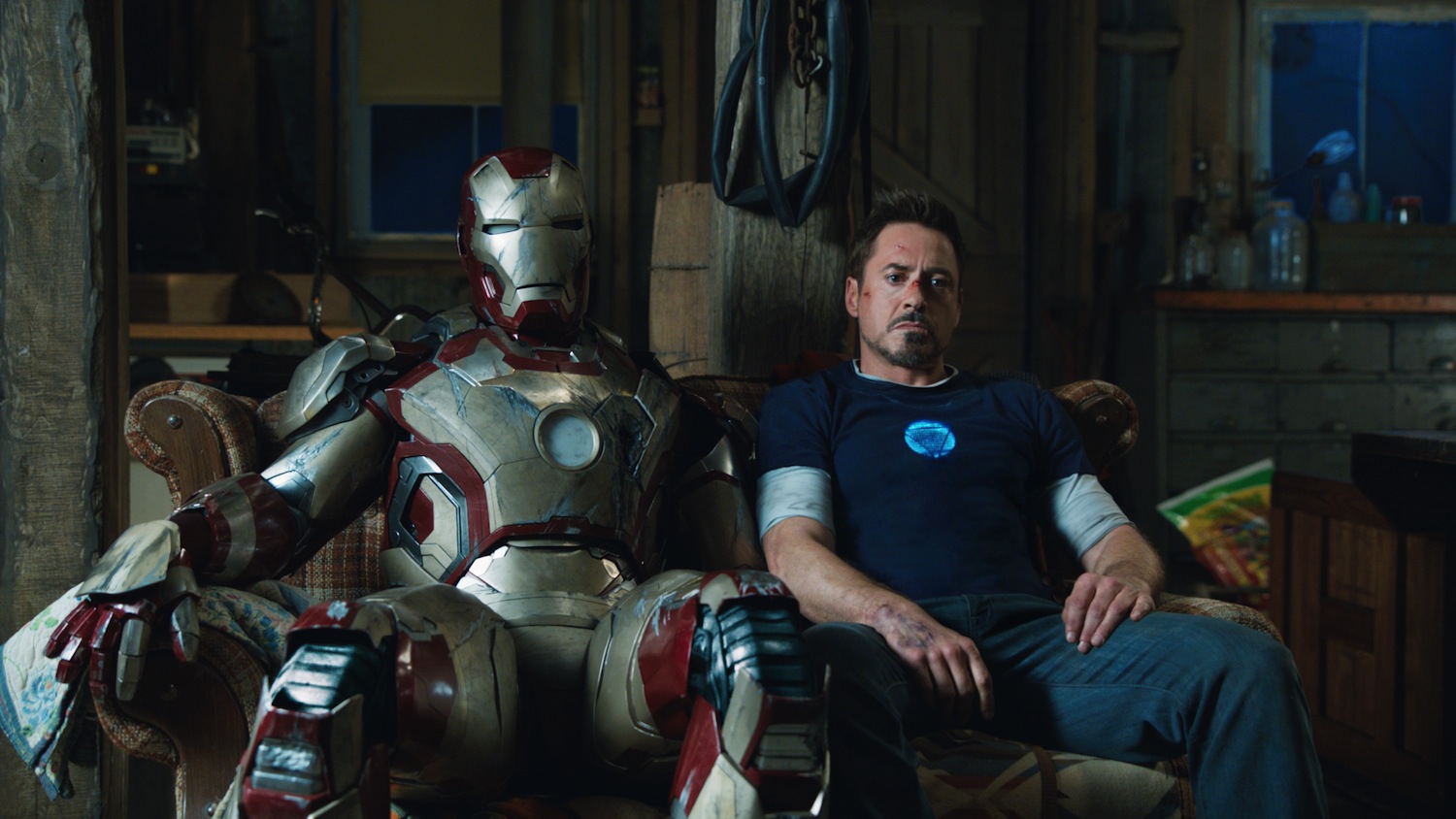I had very low expectations going into World War Z. I'm a huge fan of Max Brooks's book and its unique
oral history narrative. The novel is full of social commentary about the
politics of responding to global disasters and includes some nice psychology threads on
ingroup/outgroup conflict and altruism. I devoured that book!
But I knew the film had almost nothing in common with the source material. Anyone who followed the production of this movie knew the book's structure and story were gutted to make room for blockbuster action sequences. There were also reports of problems on the set, a six-month delay in release date, and a last minute change to the ending (check out Vanity Fair for more on that). My expectations for WWZ couldn't have been any lower.
While I wasn't going to compare the film to the book, I was expecting WWZ to add to the zombie genre. With a $190 million budget, this is the biggest zombie movie ever made. I was excited to see what a zombie story would look like supersized into a summer tentpole film.
While WWZ is definitely a successful big mainstream movie, it lacks the humanity that makes the zombie genre so great. Zombies are about fear and love. Every anxiety can be traced back to uncertainty, a fear of the unknown. Nothing embodies fear better than zombies. You never know where they're going to be or what they're capable of doing. Unlike all other life, zombies don't care about self-preservation – all they want to do is attack. What makes these movies so great is anyone who has been bitten by a zombie can become one of them. This means the stakes are always high because the characters you care about are always at risk of becoming your deepest fear. It’s like Game of Thrones – every moment matters because your favorite character might be killed (except with zombies they’re reanimated and then more killing ensues).
That's why WWZ is a decent movie, but not a great zombie film. Except for a few moments in the beginning and end, I never felt Brad Pitt's character was in much danger. Even though people were dying all around him, I didn't care. You don't see any tension between fear and love. I know the movie's called World War Z, but the stakes felt very low.
The film did deliver on one of my favorite parts of the book – the fortification of Israel. There was a great scene with an Israeli Mossad agent talking about the evils of groupthink. Later, we get to see the uniting of Israelis and Palestinians via their new common enemy (i.e. a superordinate goal). But beyond that, there wasn’t much happening that we haven’t seen in other zombie or viral pandemic movies. A. O. Scott described this well in his review:
Compared with its source, and to “The Walking Dead” in both its graphic novel and cable television versions, Mr. Forster’s film represents a careful step backward. It does not expand the tonal range of zombie fantasy, like Ruben Fleischer’s “Zombieland” or Colson Whitehead’s novel “Zone One.” Nor does it exploit the allegorical potential of a world overrun by flesh-craving, half-decayed former people, in the manner of “The Walking Dead,” which turns the desolate, post-apocalyptic landscape into a forum for philosophical debate and ethical inquiry.
Overall, WWZ is a decent film and despite all of its production difficulties it’s an enjoyable experience. But besides a few cheap thrills, the movie didn't leave me with much to remember. If you're a fan of the genre, you have to watch this movie (if only to see what a zombie film looks like at this scale). But if you're not a fan, watch one of the classics instead – you'll have a lot more fun and might actually care about what's happening onscreen.
Rating: 6.5/10
I really liked A.V. Club's take on WWZ. Also check out The New Yorker's more positive view of the film.

